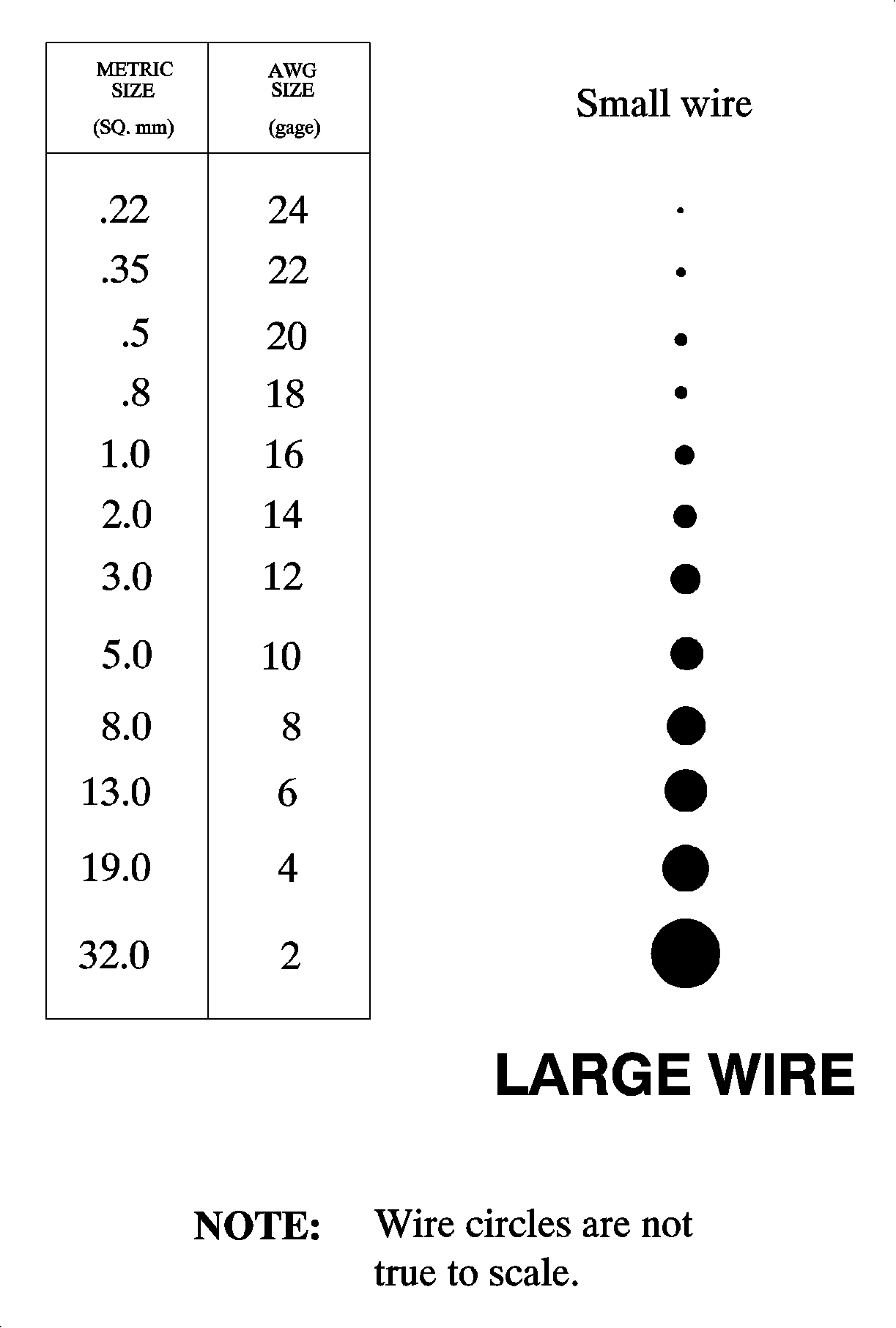Harness Connector Faces
This wiring section of the service manual contains the harness connector faces for all of the connectors used in the vehicle. These views can be used to show what the connector looks like and where a particular terminal in the connector is located. The connectors are labeled using the name of the component they are connected to, as well as the color of the connector and the connector number. Beside each connector is a chart that lists the connector cavities, wire color, wire size, circuit number, and circuit function. Under each chart is the location of the connector, the color of the connector test probe that goes to that connector, and the GM part number/Saturn Special Tool Catalog part number of the tool to use to remove the terminal in that connector.
Fuse Block Details
Fuse Block Details contains schematics that show all of the wiring between a fuse and the components connected to that fuse. The Fuse Block Details can be very helpful in locating a short circuit that caused a fuse to open.
Service Parts Identification Label
To aid service and parts personnel in identifying options and parts originally installed, a Service Parts Identification Label has been placed in the vehicle. Refer to the Specifications Quick Reference Manual for the location of the label and the definition of the option codes.
Ground Distribution
Ground Distribution contains schematics and locations of all grounds on the vehicle. This information can be a time-saver when troubleshooting a ground circuit problem.
Wire Sizes

Horn Fuses
Location: Underhood Fuse Block
Type: 10 amp mini fuse
Feeds: Circuit 28 and 29 of the horn relay
This fuse feeds only the horn relay. If the fuse is blown determine the cause of the blown fuse and repair. Replace fuse as needed.
Grounds
Before checking the ground circuit from the faulty component all the way to the ground stud, check the circuit from the splice pack to ground by testing some of the other subsystems grounded by the same splice pack. If the other subsystems function properly, the path from the splice pack-to-ground is good.
Foreign Objects
Check lighter outlet and sockets for foil gum wrappers, change, etc.
Element Assembly
Try a known good lighter to determine if the original lighter is good or bad.
Receptacle Assembly
Examine lighter socket for damage caused by insertion of other plugs or objects.
Mounting Ring
Check connection and terminal for damage, tightness, or corrosion.
